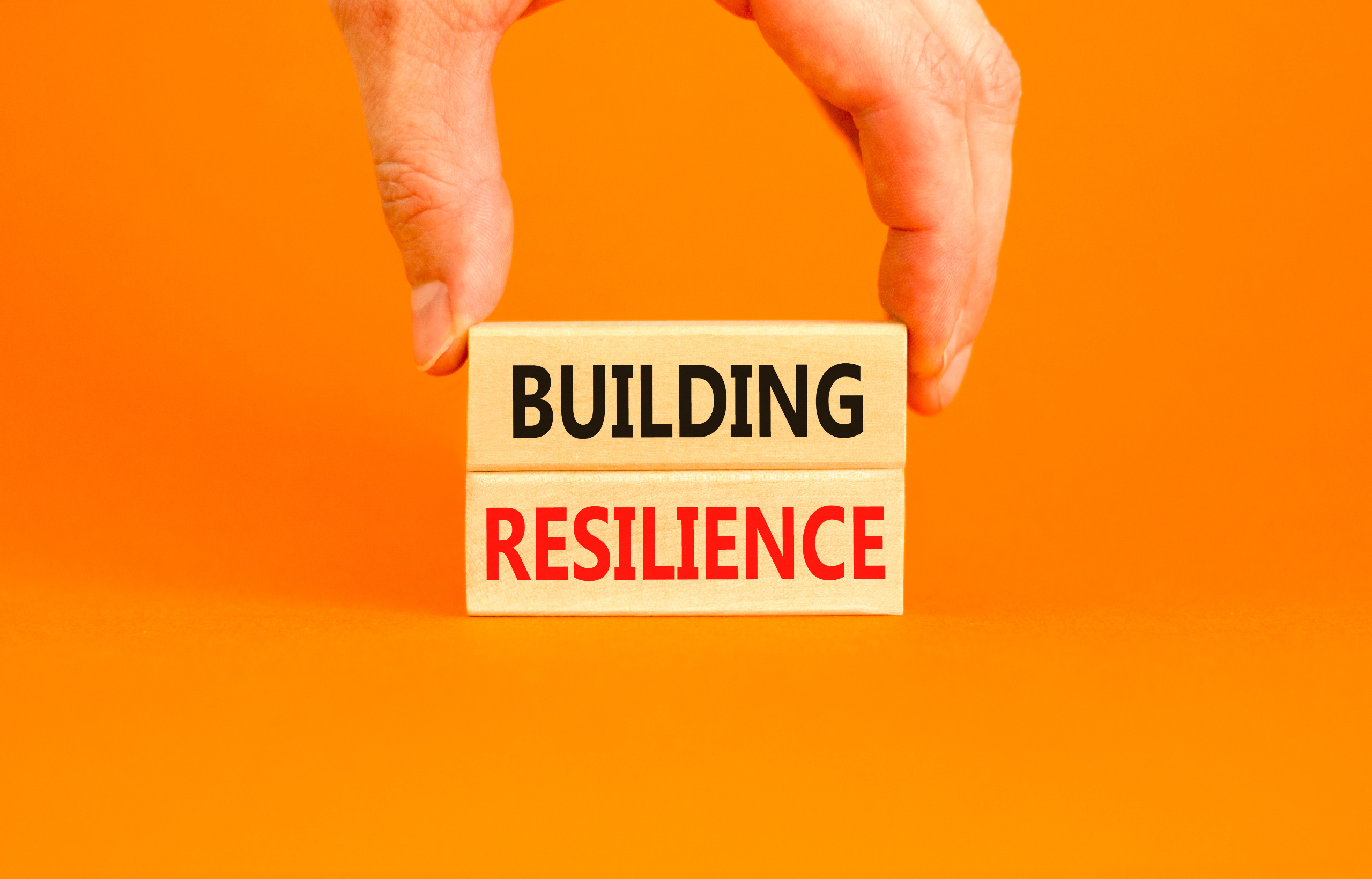Theresa Moulton, Editor-in-Chief of Change Management Review, recently spoke with Helen Palmer, Founder and Principal Change Agent of Questo, a business platform transforming how organizations and individuals make change in their workscape. Helen reveals lessons gained navigating many changes crossing organizational and national cultures, and her personal journey to have the missing conversations with herself and her loved ones, and with her stakeholders in her professional practice.
How did you get into the field of change management?
I entered the field unofficially 30 years ago, in my first job, where I saw how others were being affected by the introduction of new technology into an organization. You might think here in the 21st century, No biggie! But I’m talking about something that happened in the 1980s where it was big change – from no computer to actually having a computer on your desk. I saw how much people’s sense of identity was affected and how valued they didn’t feel in their job in terms of introducing technology without consideration of change management.
Officially, I joined a Change Management team 15 years ago, which was my first real opportunity to work in a medium to large organization. I was hired because I had high emotional intelligence, leadership, teaching and business analysis skills. I added to my repertoire, things that came from a Change Management point of view, which put me on a path of some very strong self-directed learning. From 30 years ago, when I unofficially entered organisational change, I’ve had a foundational mindset about caring for people in the workplace that’s been influencing my actions and choices along the way since.
What are the missing conversations – the missing conversations that matter to you and people around you?
In everyday life, we tend to operate on a superficial level. The missing conversations are about those conversations we need to have to know ourselves, or to know the situation we’re operating in. Some of those missing conversations might be around questions like, “why do I do what I do?”, “How do I want to be remembered?”, “Am I living a life that is meaningful to me?”, “Am I lonely?”, “What happens if I lose x?”, “What do I actually need and what do I want?”, “Why do I not like something?”
I have a fridge magnet that says :”Stress is when your mouth says no problem, and your stomach says no way!”. It reminds me of a conversation I have with myself. Sometimes, we’re disconnected from the fact that we’re talking about things, where the mouth is saying, ‘No problem, things will be fine.’ Then the rest of your body is saying, ‘No, something’s not right.’ There are shifts in our lives, and when you’re not even paying attention – to your body or what it is telling you – you may be overlooking a missing conversation: “What is going on here? Do I need to unpack something?”
In a change management situation, take stakeholders. It can be easy to get caught up in the narrative of the organization. Stakeholders may say things like, “People don’t change.” I think, “Is that really true? What might be going on here?” There is a need to explore what people are actually feeling. They may be thinking “I’m going to lose something” or “What’s being introduce here isn’t meaningful to me. In fact, it is going to weaken my sense of identity or it’s not something I want.” Which begs the question – “Did you actually know what you want?” Even in the organization that is benevolent with its staff with a stance like “Hey this change that we would like you to participate in, we really believe it can add something meaningful and personally valuable to you.” It assumes that people know what is meaningful and valuable to themselves – I wonder: can they articulate that?
Why are these conversations missing?
Some of it is that people aren’t ready to have the conversation. That might be coming from the effect of negative emotions of fear, judgment, shame, or guilt. It might mean talking about unpleasant things, or might open up areas about which I don’t want to talk about.
Conversations about ‘what I want’ can be risky. It may raise an expectation, that if I don’t get what I want, then I lose. Where previously I was in denial about what I wanted, so losing wasn’t an option. Now that I might lose something, I’ll have to deal with that. Maybe talking about wants, disillusions me. Maybe it was better to stay in a situation where I have no hope or didn’t even realize I might have had some hope.
Sometimes it’s about not having the right opportunity or context for the conversation. For example, in a personal context, the time to think about how you want to handle your loved one’s death, is probably not when you are grieving somebody else’s death. But then, when are people in a mind to have that conversation. When things feel calm and everything is right in your world, there is a tendency not to address things that aren’t pleasant, that are broken or unclear.
When things are calm, that’s the better time to have some of these conversations. You’ve got to put time and energy into it, and sometimes people don’t have any of that left in a modern life.
What are some strategies a person can use for the personal context?
One strategy often recommended is to ask the question Why? (and repeat 4 more times) to interrogate a situation. I think that sometimes, it’s too much to ask the question “Why?”. I advise to start with something more concrete. If you find yourself in a stakeholders’ situation and you’re wondering: “What’s going here? Why is this person not getting this or participating in the change” – look for something more concrete. Think about questions like, “When is this person not getting it?” “Where is this person not getting it?” “Who is this person?” Getting more concrete with questions like, When, Where and Who may be enough of a circuit breaker to get fresh insight. The Why question, while it feels like it’s where we should go, it can be too vague and too complex. It can create a lot of noise that goes around and round and avoids getting to something concrete.
The second strategy comes from a great post by Alain de Botton, from the School of Life. He’s writing an online blog called the Book of Life, and one of his things he talks about the Terror of No. When somebody says “No” to you, it’s not necessarily personal about what’s going on – it’s simply you don’t fit with their plans. You might think of this in terms of that those people don’t want to get on board with a particular change. It’s commonly interpreted as resistance. If I’m hearing a No, is there another way that I can understand what are this person’s plans? Then maybe I can find a way to connect to their plans, rather than trying to impose my plans on them?
What advice do you have for newcomers to the profession?
One is, develop habits and practices for excellent self-care. If you can’t take care of yourself, you really should not be advising or acting for the care of others. It’s like they say on airplanes, ‘Put on your mask before attending to others’. Self-care differs for different people and different circumstances. Find what the habit or self-care is best for yourself. It may be there are certain things that trigger you to lose wellbeing. Discover what those things are. Put in place some strategies before you lose wellbeing to make sure that you care for yourself and can be well for the work you’re doing.
Second, be a self-starter or a situational leader regardless of the seniority of your role. Look for opportunities where you can be a positive agent for change. Don’t sit back and think, ‘I’m just an analyst or a communications person – it’s somebody else’s job to think about what change should be made and make that change happen.’ You might see a change to make, for example, in your team – to bring cookies to a team meeting and change the meeting vibe to hospitable and friendly. If you see it – make it happen! You don’t need to get anybody’s permission. Stay on the lookout for situations where you could be that self-starter or situational leader and just make the change.
Helen Palmer is Founder and Principal Change Agent at Questo. Once described by a colleague as “gloriously eclectic”, Helen likes to mix delight and whimsy into very practical activities that attend to a range of human factors. What gets her jumping out of bed in the morning is the opportunity to make a meaningful difference to a person’s life-at-work. You can connect with her directly on LinkedIn and Twitter.

























